Publications
Articles, publications, books, tools and multimedia features from the U.S. Institute of Peace provide the latest news, analysis, research findings, practitioner guides and reports, all related to the conflict zones and issues that are at the center of the Institute’s work to prevent and reduce violent conflict.

Iran’s Attack and the New Escalatory Cycle in the Middle East
The Middle East is entering a new phase after unprecedented attacks by Israel and Iran during the first two weeks of April. Robin Wright, a senior fellow at USIP and the Woodrow Wilson Center who has covered the region for a half century, explores what happened, the strategic implications, the political context and the divided world reaction.

The Growing Flashpoints Between the U.S. and Iran
Tension between Washington and Tehran has been a growing undercurrent of the war in Gaza, even as both countries tried to prevent it from sparking a direct confrontation during the first six months of fighting. Robin Wright, a joint fellow at USIP and the Wilson Center, explores the evolving flashpoints in the world’s most volatile region as well as the challenges for U.S. diplomacy, the new triggers for a wider regional conflagration and the historical backdrop.
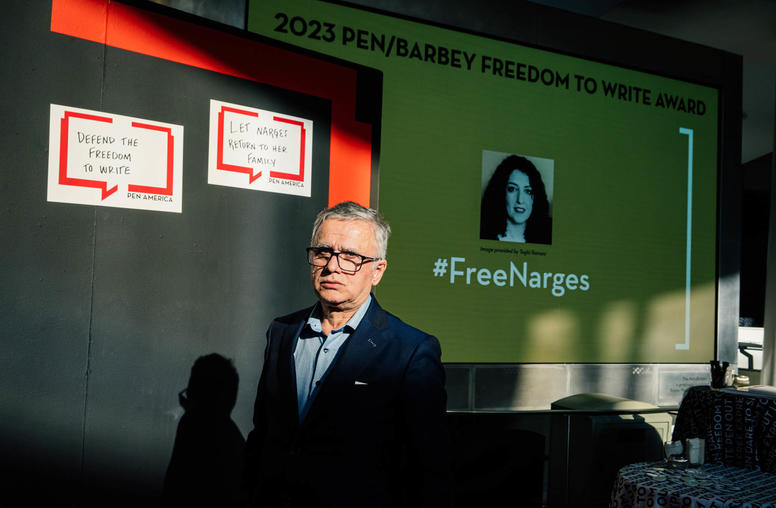
Iranian Human Rights Activist Wins Nobel Peace Prize
The 2023 Nobel Peace Prize was awarded to Narges Mohammadi, an imprisoned Iranian scientist, journalist and human rights activist, for her principled and persistent campaign against the increasingly repressive regime in Iran. The award also acknowledged the broader Iranian women’s movement, which last year spearheaded the first counterrevolution in history triggered, led and sustained by females, many in their teens. “This year’s Peace Prize also recognizes the hundreds of thousands of people who, in the preceding year, have demonstrated against Iran’s theocratic regime’s policies of discrimination and oppression targeting women,” the Nobel Committee said.
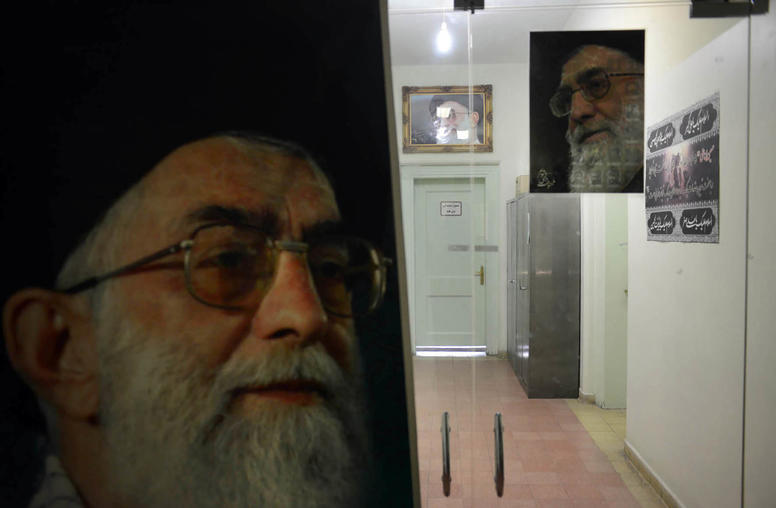
Why Now? The Tortured History of Iran’s Hostage Seizures
In January 1981, I stood at the foot of the Air Algerie flight that flew 52 American diplomats to freedom after 444 days as hostages in Iran. Some of them were my friends. I still remember their gaunt appearances after being caged and cut off from the world for so long as they quietly disembarked. That original hostage crisis was a turning point in U.S. history in the 20th century — and has shaped angry American views of the Islamic republic ever since.
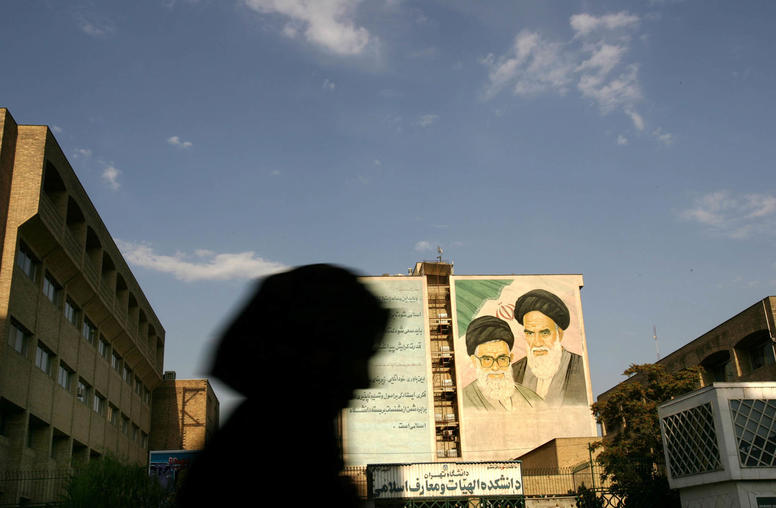
Whither Iran on the Revolution’s Anniversary?
Iran marks the anniversary of the Islamic revolution in February amid increasingly existential challenges at home and in relations with the outside world. Four months of nationwide protests — triggered by the death of 22-year-old Mahsa Amini in September 2022 — reflected deepening discontent among Iran’s Gen Z. Young women on streets and at schools abandoned the headscarves required by law, as shouts of “woman, life, freedom” and “death to the dictator” echoed across campus grounds. The protests were a brazen rejection of Supreme Leader Ayatollah Ali Khamenei and, more broadly, the theocracy’s basic belief that god’s law supersedes human laws. The scope of fury was reflected on October 8, when female students at Al Zahra University in Tehran shouted “Clerics, get lost” during a visit by President Ebrahim Raisi.
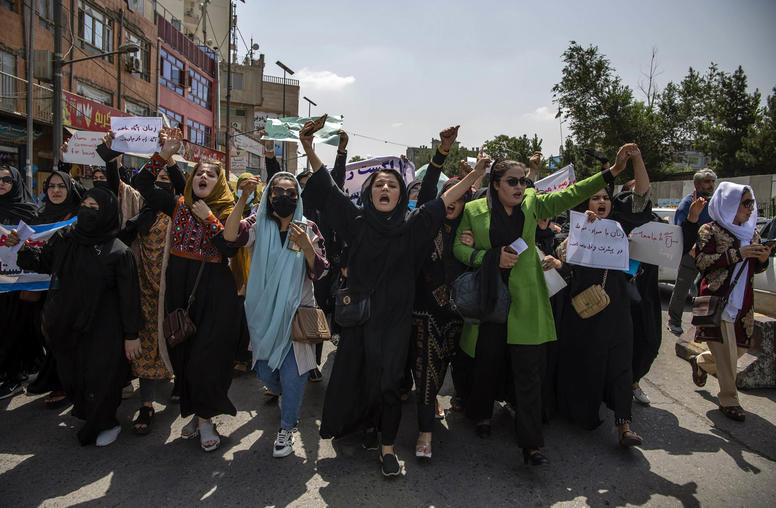
Iran’s Protests ... and the Afghan Sisters Next Door
Iran’s women are seizing worldwide admiration with 26 days of courageous defiance against their authoritarian government’s violent confinement of females as second-class citizens who may not freely work, marry, divorce, travel or even be seen with their heads uncovered. Less noted are this audacious movement’s existing, and potential, connections to the tenacious, 14-month campaign by Afghan women resisting the even tighter oppression of the Taliban. Street protest slogans, social media posts and other links illustrate a synergy between the movements that both should use in the difficult task of converting their inspiring courage into real change.
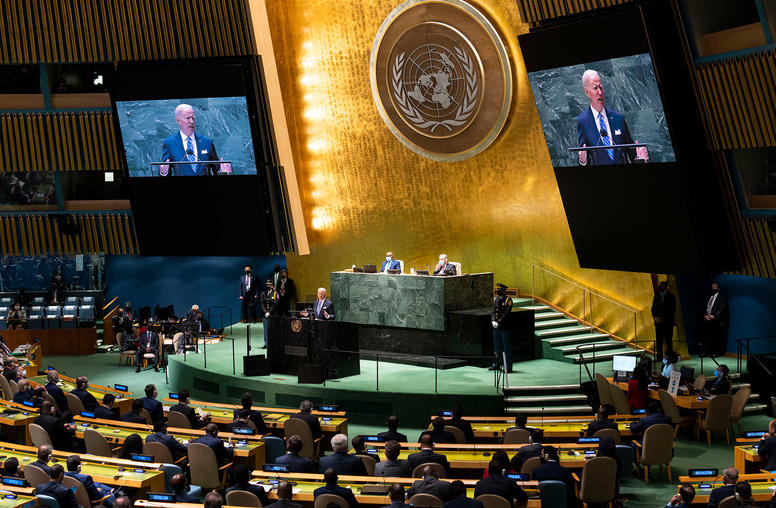
On Ukraine, Africa Needs a Clearer U.S. Message
As democracies rally to defend an international rules-based system against Russia’s brutal attack on Ukrainians, the United States should forge an alliance with African partners by committing with them now to resolve the Ukraine crisis in a way that makes that system fairer and more inclusive. One early step is for U.S. and other policymakers to highlight the core of this conflict: The 44 million Ukrainians are fighting to govern themselves freely within their internationally recognized borders — a cause that is viscerally real to billions of people across Africa and the “global south.”
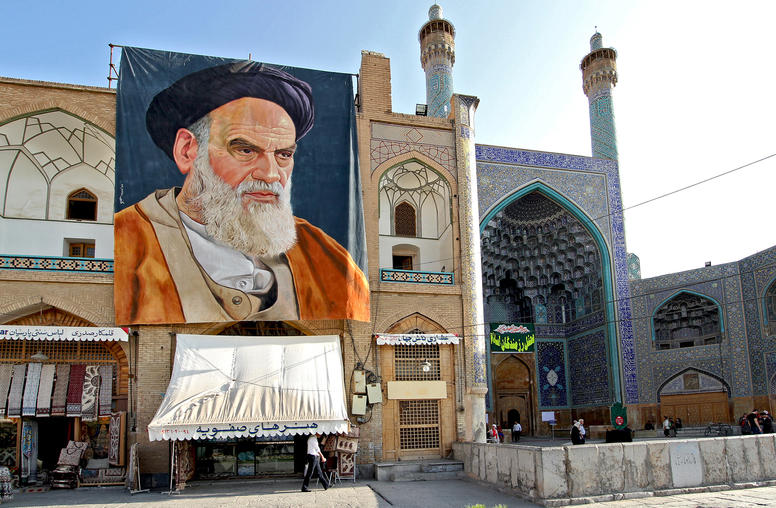
Iran Timeline: Since the 1979 Revolution
Iran, proud and passionate, has been a conundrum since its 1979 revolution. For decades, a confluence of challenges—political and cultural repression, menacing rhetoric, and defiance over its nuclear program—complicated dealing with the Islamic Republic. Iran’s revolution has passed through at least five phases.
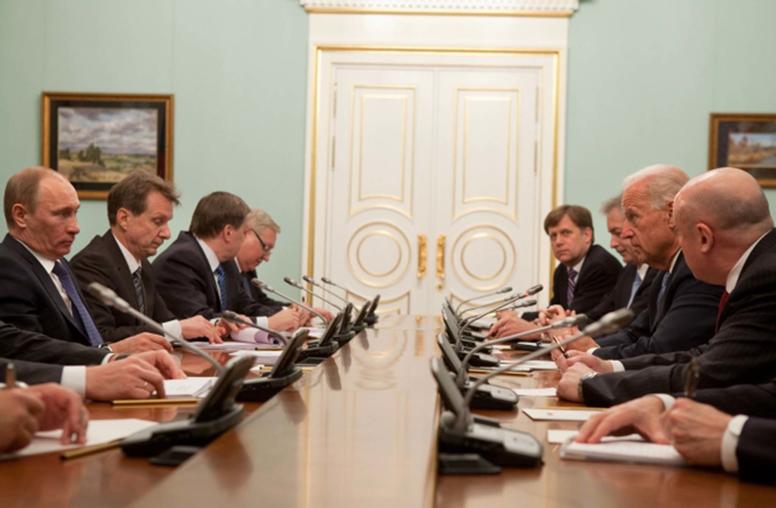
Nuclear Diplomacy with Russia: What’s Ahead for the Biden Administration?
With relations between the United States and Russia at a low point, the incoming Biden Administration faces the challenge of finding the right balance between showing firmness toward the Kremlin and engaging on issues of mutual interest, above all arms control. President-elect Joe Biden has indicated he may agree to extend the New Strategic Arms Reduction Treaty (New START) for five years, a decision that could clear the way for further negotiations. But while extension of New START could lead to discussions on other areas of arms control, the potential for breakthroughs in the U.S.-Russia relationship appears dim.
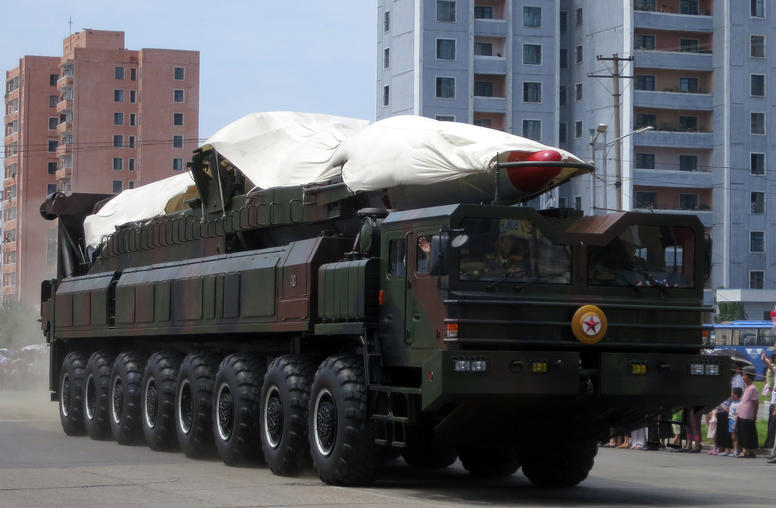
Nuclear Diplomacy with North Korea: What’s Ahead for the Biden Administration?
The Biden administration faces a situation with North Korea similar to what President Obama faced in 2009, with U.S.-DPRK engagement on its last legs. Obama appeared interested in reviving the Six Party Talks, but slow outreach to North Korea allowed Pyongyang to seize the narrative by conducting a satellite launch in April and a nuclear test in May, which doomed engagement for an extended period. Biden will face a similar decision about how to engage North Korea, including whether to move forward with joint U.S.-South Korea military exercises in March, and whether to reaffirm the outcomes of the 2018 joint U.S.-DPRK Singapore Statement, which Pyongyang has yet to renounce but is on life support.